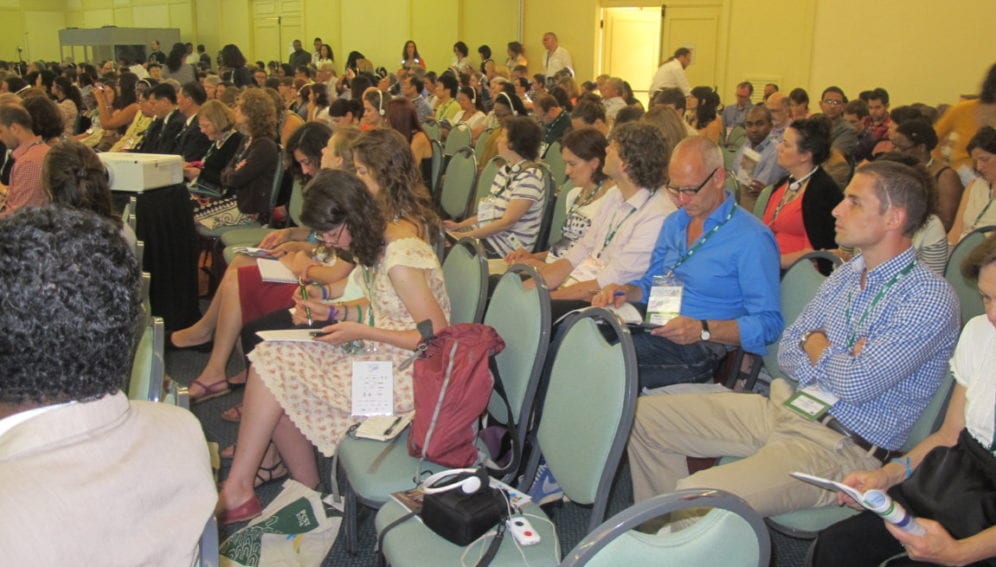By: Mićo Tatalović
Send to a friend
The details you provide on this page will not be used to send unsolicited email, and will not be sold to a 3rd party. See privacy policy.
Should the local communities in developing nations have a say in setting the research agenda of foreign scientists working there?
There was a resounding ‘yes’ to this question at the opening ceremony and the first plenary session of the 13th International Public Communication of Science and Technology Conference (PCST2014) in Salvador, Brazil (5-8 May).
But just a few hours later at another session showcasing a major research funder's work on engagement with local communities I was struck by how old-fashioned their approach to public engagement was.
This was a mostly one-way exercise, with the funders seeming to consider the public as ‘empty vessels’ that need to be filled. There was little evidence of them really taking communities’ expertise into account and allowing it to shape their research agenda.
And how could they shape it, asked the group of Wellcome Trust experts who organised the session — what could the local communities tell us about studying biomarkers for malaria?
Although they partially agreed with my assessment of their work as not being fully engaged, they stuck to their guns in claiming that one can go too far in being politically correct and pushing the local engagement issue.
Despite their major research efforts in developing world and interesting community engagement initiatives, their approach seemed out of touch with the rest of the conference — which was bursting with sessions on moving the science communication agenda forward, towards a more equitable, fair and engaged way of doing science in poor communities.
The issues of social inclusion and political engagement reigned high. Marina Joubert, PCST scientific committee member from South Africa, described the agenda this way: “Who is missing out on science?” and “How well are we doing in ensuring we are reaching the policymakers?”
The inclusion of marginalised groups and their political empowerment go hand in hand, said Elizabeth Rasekoala, founder and director of the African-Caribbean Network for Science & Technology.
And she spared no harsh words in her criticism of those who merely pay lip service to the idea of engagement.
It was high time for real and honest engagement, she argued, for example sharing research grant money 50:50 between scientists and local communities, something she is seeing starting to happen.
Instead of ‘safari science’, a neo-colonial approach of Western scientists flying in with their own research agenda, it was time to shape research together with local people by taking into account their traditional knowledge and practices. These, she claimed, can be illuminating and help advance scientific understanding — if one is open to them — and there are examples of TB and HIV research in South Africa where this is the case.
With up to a dozen sessions ongoing at the same time, it is hard to gauge how widespread her views are here, but Rasekoala’s energetic speech and demands for better practice now, got several rounds of applause at the packed plenary session.
And with over 400 people from 47 countries — 61 per cent of them from developing countries — the conference seems like a good place to start rethinking how we do research on, and with, the excluded, non-educated communities, so that it really is a two-way street that benefits everyone.














